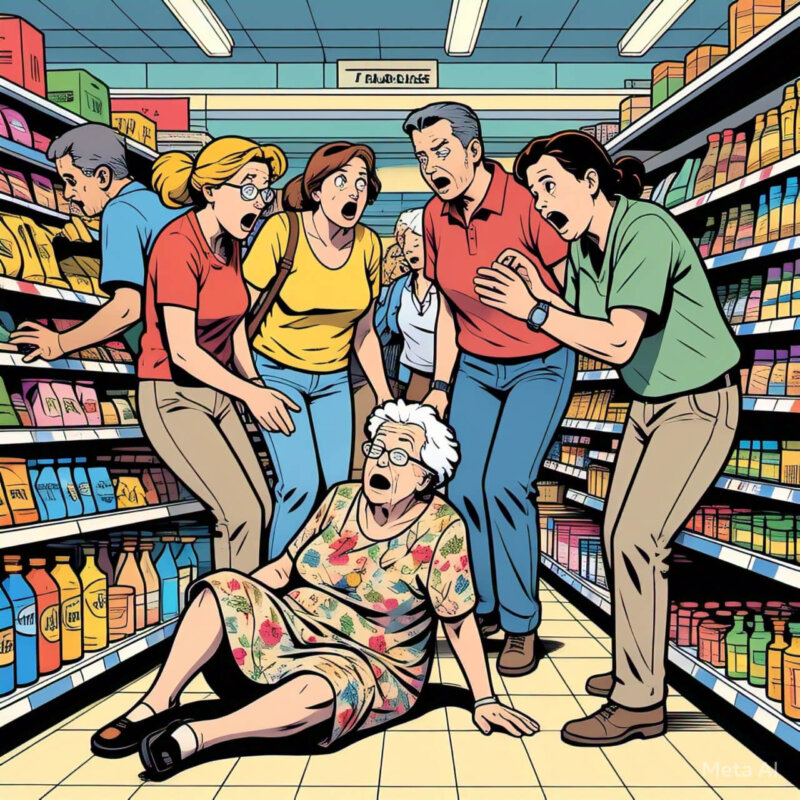
The word “dizzy” means so many different things to different people that is makes me dizzy 🙄! Though most commonly used to describe vertigo, you will make diagnostic errors if you don’t figure out the exact version of dizzy that your patient is experiencing. Here are the four types of dizziness I look for:
VERTIGO: This is the “room spinning” 😵 dizzy, or the “floor is moving” dizzy. The brain takes a roller-coaster ride without telling the rest of your body! In other words, patients feel a false sense of motion even when are still. Conditions include BPPV, Meniers, Vertiginous Migraine, Vestibular neuronitis, Posterior circulation stroke, etc
PRE-SYNCOPE: This is the “I feel like I am about to pass out” 🥴 type of dizzy. Often described as lightheadedness, they feel a lack of energy, legs “feel like noodles” since they feel too weak to stand, but feel better lying down. Often postural but not always – conditions include cardiac & orthostatic from low blood volume, anemia, meds, hypoglycemia, etc
DISEQUILIBRIUM: This is the “wobbly” 🚶🏽♂️ type of dizzy. Described as a loss of balance, their walking or standing feels unsteady and they feel always like they are about to fall. The visual input from the eyes helps them keep correcting posture continuously to avoid falling, but they might feel like they are stumbling around like a newborn calf. If they close those eyes, they lose their visual corrective input and get wobbly – Romberg’s sign! (We all feel a little wobbly standing with arms stretched and eyes closed – try it !!! ) Conditions include causes of ataxia and loss of balance (Stroke/TIA, Parkinson’s, Peripheral Neuropathy, Normal pressure Hydrocephalous, cord damage, visual loss, etc.)
DISSOCIATIVE LIGHTHEADEDNESS: This is the “I feel drunk” 🙃 type of dizzy. Hyperventilate for a few minutes and see how you feel! Or if you recall how the initial buzz while drinking alcohol feels … this will also result in wobbly walking, but patients feel it both in their heads and their balance. Conditions include Anxiety causing Hyperventilation, psychiatry meds side-effects, hypoglycemia, etc.
So next time your patient says “dizzy” hopefully your ears perk up like my dogs and you remember this post ;). Things may not be apparent right away, and patient’s descriptions may overlap or they don’t know how to express their symptom. Asking leading questions for the above types, or giving your words to their symptoms can help unlock their diagnosis.
Don’t miss these fun posts! Subscribe via email 📩 | |
